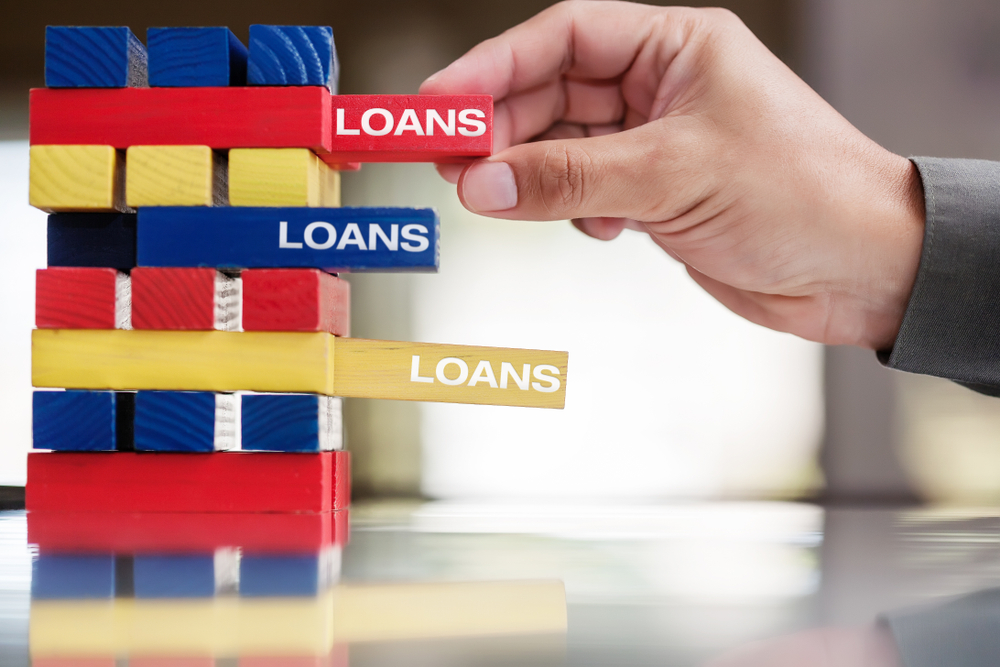When you’re looking into obtaining a loan of several different types, there will be a few important considerations. One of the simplest ones, and an area it pays to know a bit about: Secured versus unsecured loans. What are these, and which is right for you?
At Diversified Members Credit Union, we’re proud to offer a variety of loans and loan programs to our clients, from auto loans and personal loans to mortgage loans and more. What are secured and unsecured loans, and which might be ideal for your needs? This two-part blog series will go over both — today’s part one will focus on secured loans, while part two will dig into unsecured loans.

Secured Loan Basics
When you hear the term secured loans, what’s being referred to is the fact that the loan is backed by collateral. That means that if you are unable to pay back the loan, and default occurs, the lender can claim your collateral in order to recover what they’ve lost. This type of loan is often ideal for borrowers who want to borrow larger amounts as long as they have assets that can be tapped into should they find themselves unable to repay their loans.
There are a variety of different secured loan types that are available, including things like auto loans, home equity loans, and more. Here at DMCU, we offer several secured loans: Auto loans, home equity lines of credit (HELOCs), and mortgages.
Interest Rates and Repayment
Because of the fact that the collateral is protecting the lender when you take out a secured loan, the interest rates tend to be significantly lower than they are on unsecured loans. At the same time, you have to be aware that the lender could seize your collateral if you don’t pay the loan back.
Repayment of a secured loan will typically come in the form of fixed monthly payments; these payments will often include both the amount of interest that has accrued on the loan as well as a portion of the principal itself. Generally, secured loans are paid off over a period of several years.
Risks of Secured Loans
The main risk of a secured loan is the one we noted above: If you fail to repay the loan, the lender could seize your collateral. That means that if you’re not able to make your payments, you could lose your home, your car, or whatever other asset was used as collateral for the loan.
In addition, it’s important not to miss payments or make late payments, as this could negatively impact your credit score. Another thing to keep in mind is that should you decide to sell your home or other property used as collateral, you would need to pay off the loan in full first — otherwise, the new buyer would be responsible for paying it off.
For many, however, the secured loan is the ideal way to go because of the reasonable interest rates associated with it.
For more on this, or to learn about any of our home loans, auto loans or other credit union services, speak with the team at Diversified Members Credit Union today.
